
Natural Ways to Support Vision Health for Seniors
As we grow older, maintaining clear and healthy vision becomes essential to enjoying everyday moments—whether it’s reading a cherished book, watching a sunset, or recognizing a familiar face. For seniors, natural strategies can significantly support eye health and even slow the progression of age-related vision changes. From nutrient-rich foods to smart lifestyle habits, even small daily steps can make a meaningful difference.
In this comprehensive guide, we’ll explore evidence-based, natural approaches that seniors can incorporate easily into their routines. These tips are designed to be both practical and empowering—because healthy vision is key to a full and independent life.
Why Vision Health Matters for Seniors
As we age, it’s natural for the eyes to undergo changes—such as increased sensitivity to light, more difficulty seeing up close, or occasional dryness. According to the National Eye Institute, more serious age-related eye conditions like cataracts, glaucoma, and age-related macular degeneration (AMD) become more common after age 60, affecting more than a quarter of Americans in that age group.
While some of these changes are inevitable, lifestyle choices can play a major role in slowing their progression and preserving quality of life. Experts at Harvard Health point out that nutrition, movement, and eye-protective habits can significantly reduce the risk of vision-related problems.
Let’s dive into actionable ways you can naturally support your vision—starting today.
Eat for Healthy Eyes
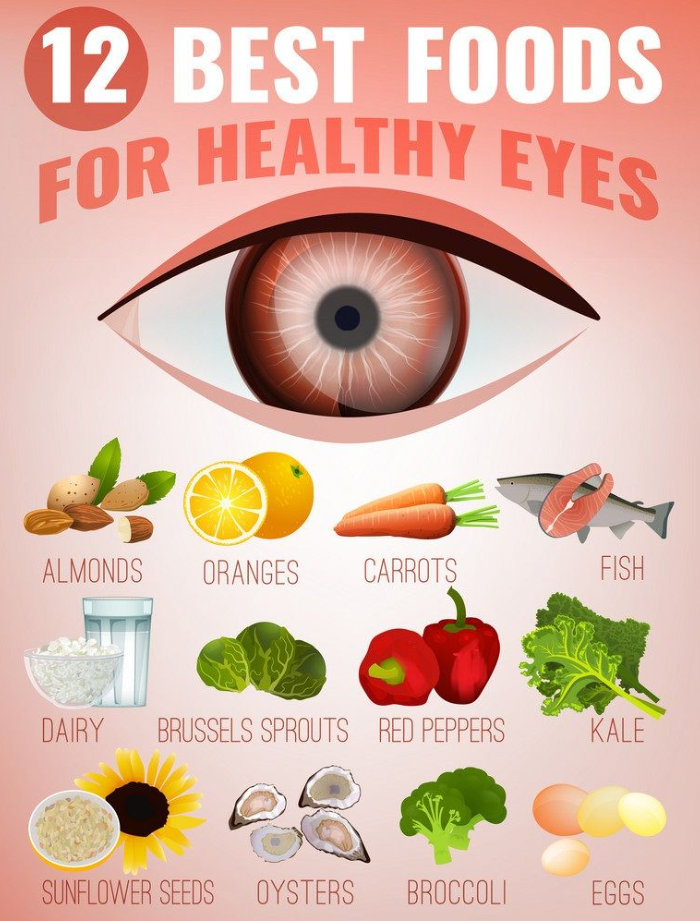
One of the most powerful ways to protect your eyes is through the food you eat. A balanced, nutrient-rich diet can provide essential antioxidants and vitamins that combat oxidative stress, nourish eye tissues, and maintain strong vision.
Key Nutrients for Eye Health
-
Vitamin A & Beta-Carotene – Crucial for night vision and corneal health. Found in carrots, sweet potatoes, and dark leafy greens.
-
Vitamin C – Helps protect against cataracts. Get it from oranges, strawberries, bell peppers, and broccoli.
-
Vitamin E – Shields eye cells from damage. Snack on almonds, sunflower seeds, or avocados.
-
Zinc – Helps vitamin A reach the retina. Sources include oysters, chickpeas, and fortified cereals.
-
Omega-3 Fatty Acids – May reduce dry eye symptoms and slow AMD progression. Eat fatty fish, flaxseeds, or walnuts.
-
Lutein & Zeaxanthin – Found in kale, spinach, and corn; these filter harmful blue light and help protect the retina.
Smart Food Choices for Vision
-
Add colorful vegetables to every meal—like spinach in omelets or carrots in soups.
-
Snack on vitamin C-rich fruits such as kiwis, berries, or oranges.
-
Use chia or flaxseeds in your oatmeal or yogurt.
-
Incorporate two servings of fatty fish per week (e.g., salmon, mackerel).
Simple Meal Planning Tips
-
Keep pre-cut veggies and fruits in the fridge for quick access.
-
Blend leafy greens into smoothies.
-
Swap salty snacks for mixed nuts or fruit.
-
Consider preparing weekly meals in advance to stay consistent.
👉 A 2020 study in Ophthalmology found that diets high in lutein and zeaxanthin reduced AMD progression risk by 25%—highlighting how powerful food can be for your eyes.
Stay Active to Support Eye Function

Exercise is not just good for your heart—it also benefits your eyes. Regular physical activity improves blood circulation, which delivers essential nutrients and oxygen to the eyes. It also reduces inflammation, supports healthy eye pressure, and lowers the risk of chronic conditions like glaucoma and diabetic retinopathy.
Best Exercises for Seniors
-
Walking – A 20–30-minute walk a day promotes circulation and helps reduce intraocular pressure.
-
Tai Chi – Gentle and low-impact, Tai Chi improves balance, coordination, and blood flow.
-
Chair Exercises – Seated arm raises, leg lifts, or light resistance band workouts are great for those with mobility challenges.
-
Swimming & Water Aerobics – Joint-friendly and full-body exercises that improve cardiovascular and eye health.
Staying Consistent
-
Begin with 10-minute sessions and gradually build up to 150 minutes per week, as advised by the CDC.
-
Join a local fitness group or virtual class tailored to seniors.
-
Always consult your doctor before starting a new activity routine, especially if you have existing medical conditions.
👉 A 2018 study published in The British Journal of Ophthalmology showed that regular physical activity can reduce glaucoma risk by up to 40%.
Protect Your Eyes from Environmental Stress
Daily life can expose your eyes to strain—whether it’s from sunlight, digital screens, or dry indoor air. Thankfully, small adjustments can help reduce that stress and preserve long-term eye comfort.
Eye Protection Strategies
-
Wear Sunglasses – Choose a pair that blocks 100% of UVA and UVB rays. This protects against cataracts and AMD.
-
Use Adequate Lighting – Dim lighting can strain aging eyes. Use bright, even light while reading or cooking.
-
Follow the 20-20-20 Rule – Every 20 minutes, look at something 20 feet away for at least 20 seconds when using a screen.
-
Hydrate Regularly – Aim for 8–10 glasses of water daily to help maintain natural eye moisture.
-
Try Artificial Tears – Over-the-counter drops can relieve dryness, but always consult your eye doctor for safe options.
Daily Tips
-
Keep sunglasses near the door or in your car.
-
Set phone alarms to remind you to take screen breaks.
-
Keep a reusable water bottle with you at all times.
Support Eye Health with Simple Habits
Beyond diet and exercise, consistent healthy habits contribute to better vision. Many of these are easy to adopt and cost little to nothing.
-
Quit Smoking – Smoking significantly raises the risk of cataracts and AMD. Free support is available through the American Lung Association.
-
Manage Chronic Conditions – Keep blood sugar and blood pressure in check, as uncontrolled diabetes or hypertension can harm eye vessels.
-
Prioritize Sleep – Getting 7–8 hours per night allows your eyes time to repair and refresh.
-
Get Annual Eye Exams – Routine exams can catch problems early, even before you notice symptoms. After age 65, yearly checkups are especially important.
Daily Eye Health Checklist
✅ Eat at least one leafy green or colorful fruit
✅ Move your body with a short walk or light workout
✅ Wear sunglasses when outdoors
✅ Stay hydrated throughout the day
✅ Avoid smoking or seek help to quit
✅ Schedule or attend regular eye checkups
When to Seek Medical Advice
While natural strategies support eye health, they are not a replacement for medical care. According to the National Eye Institute, lifestyle changes can reduce the risk of AMD and cataracts by 20–30%—but these benefits often take several months to show.
⚠️ Seek immediate care if you notice:
-
Sudden vision loss or blurred vision
-
Dark spots, floaters, or flashes of light
-
Difficulty seeing at night
-
Eye pain or persistent discomfort
Always consult your doctor before making significant lifestyle changes, especially if you’re managing chronic health issues.
Why Natural Eye Care Matters for Seniors
Taking control of your vision health through natural methods empowers you to stay active, independent, and connected to the world around you. These small, daily actions—whether it’s enjoying a nutritious meal, going for a walk, or wearing sunglasses—can preserve your eyesight while also boosting your overall health.
What’s more, these habits are enjoyable. Trying new recipes, walking with a friend, or joining a gentle exercise class can enhance both your physical and emotional well-being.
✨ Taking care of your eyes is about more than vision—it’s about living a vibrant, fulfilling life.
Final Thoughts
Your eyesight is one of your most valuable senses, and it’s never too late to take steps to protect it. By embracing nutrient-dense foods, staying active, guarding against environmental damage, and forming healthy habits, you can support your eyes well into your golden years.
Start small—maybe by adding a handful of spinach to dinner tonight or going for a short walk tomorrow morning. These everyday choices add up, helping you enjoy life’s beautiful details for years to come.
Have a favorite eye health tip or habit? Share it in the comments below—we’d love to hear from you!
Disclaimer: This article is for informational purposes only and is not a substitute for professional medical advice. Always consult your healthcare provider before making health-related decisions, especially if you have medical conditions or take medications.
News in the same category


🌿 The Leaf That Destroys Cancer Cells – Why No One Is Talking About It | Barbara O’Neill’s Natural Approach
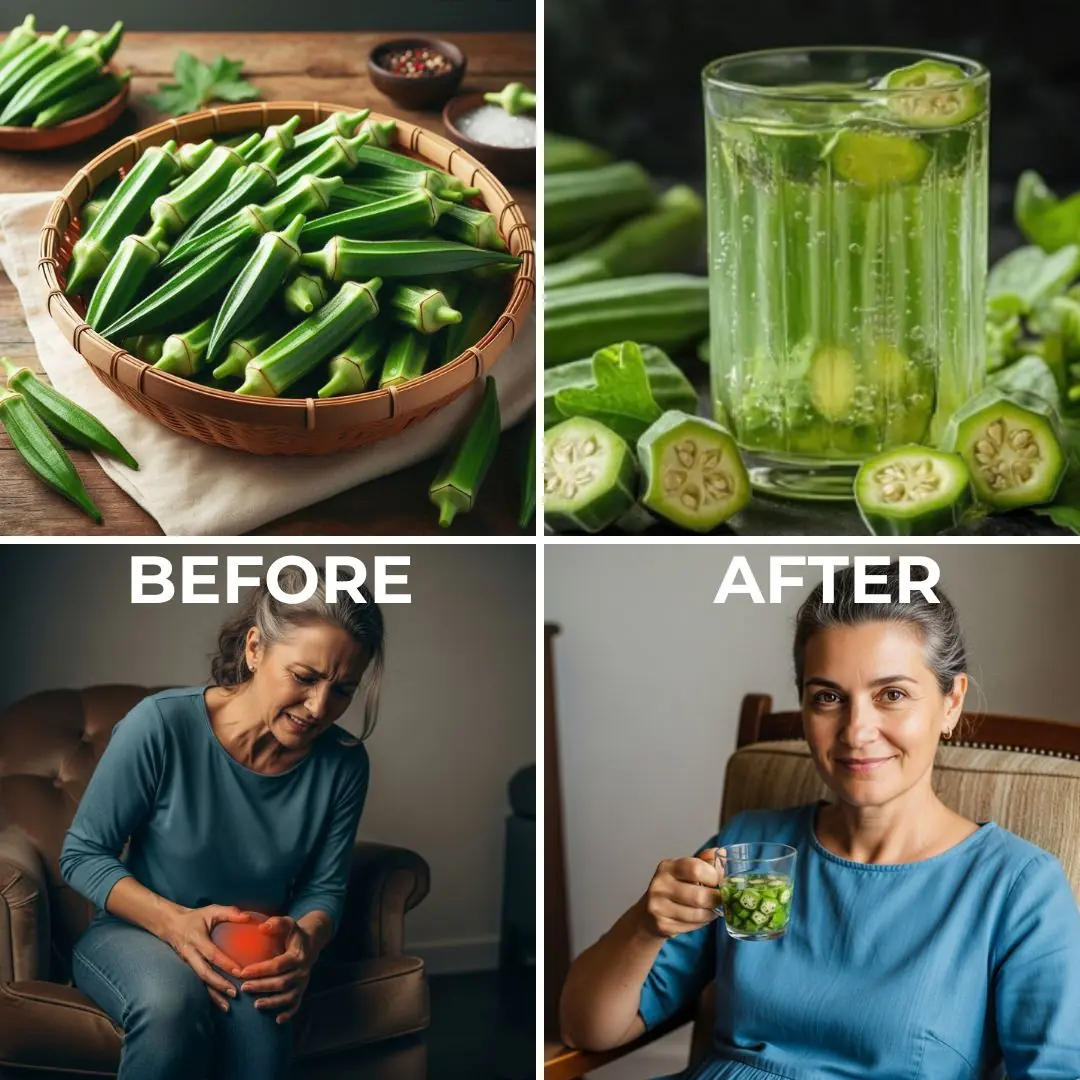
11 Powerful Reasons Your Whole Family Should Drink Okra Water Every Day
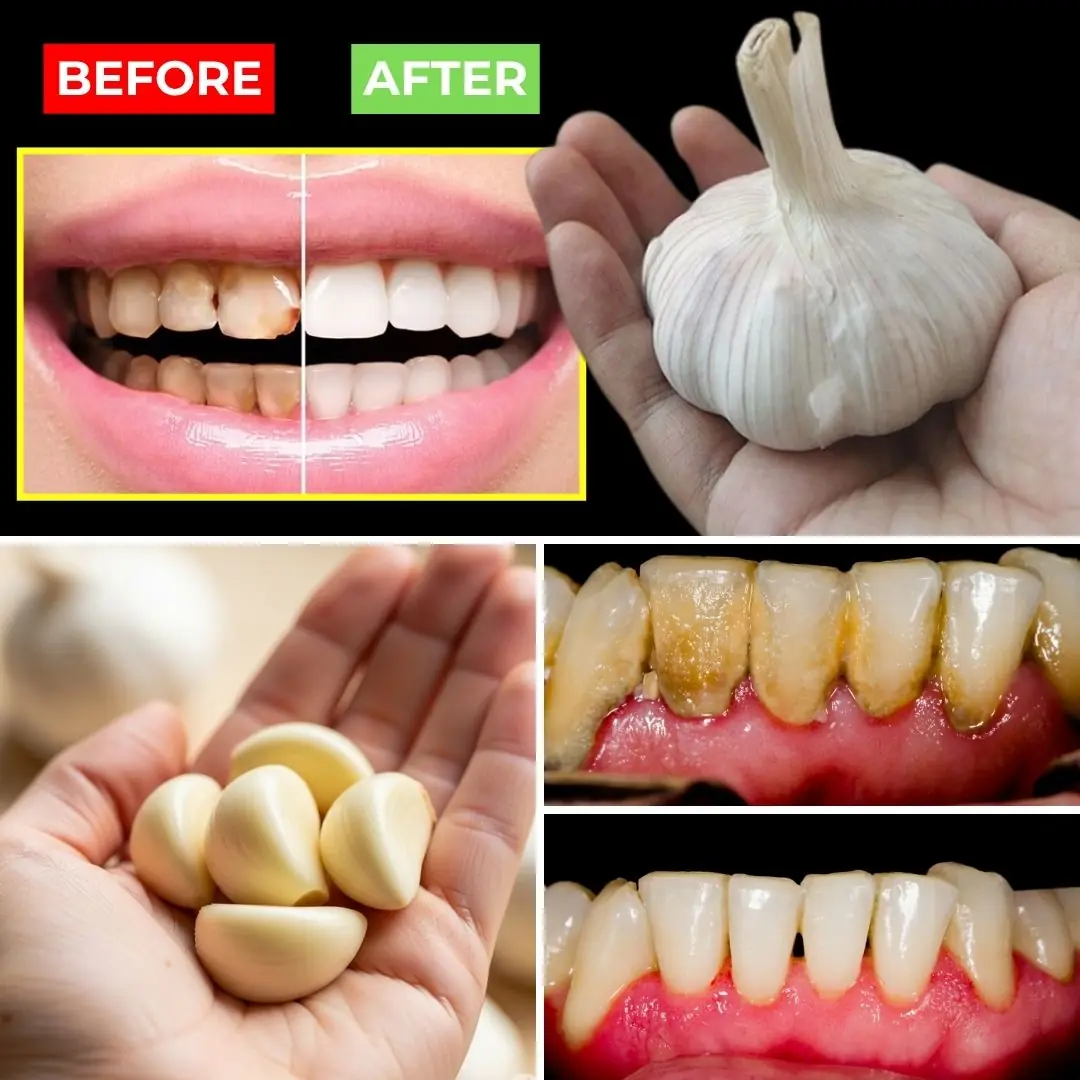
Improve Your Oral Health Naturally with Garlic

How to Use Castor Plant Leaves to Treat 12 Common Health Problems Naturally 🌿
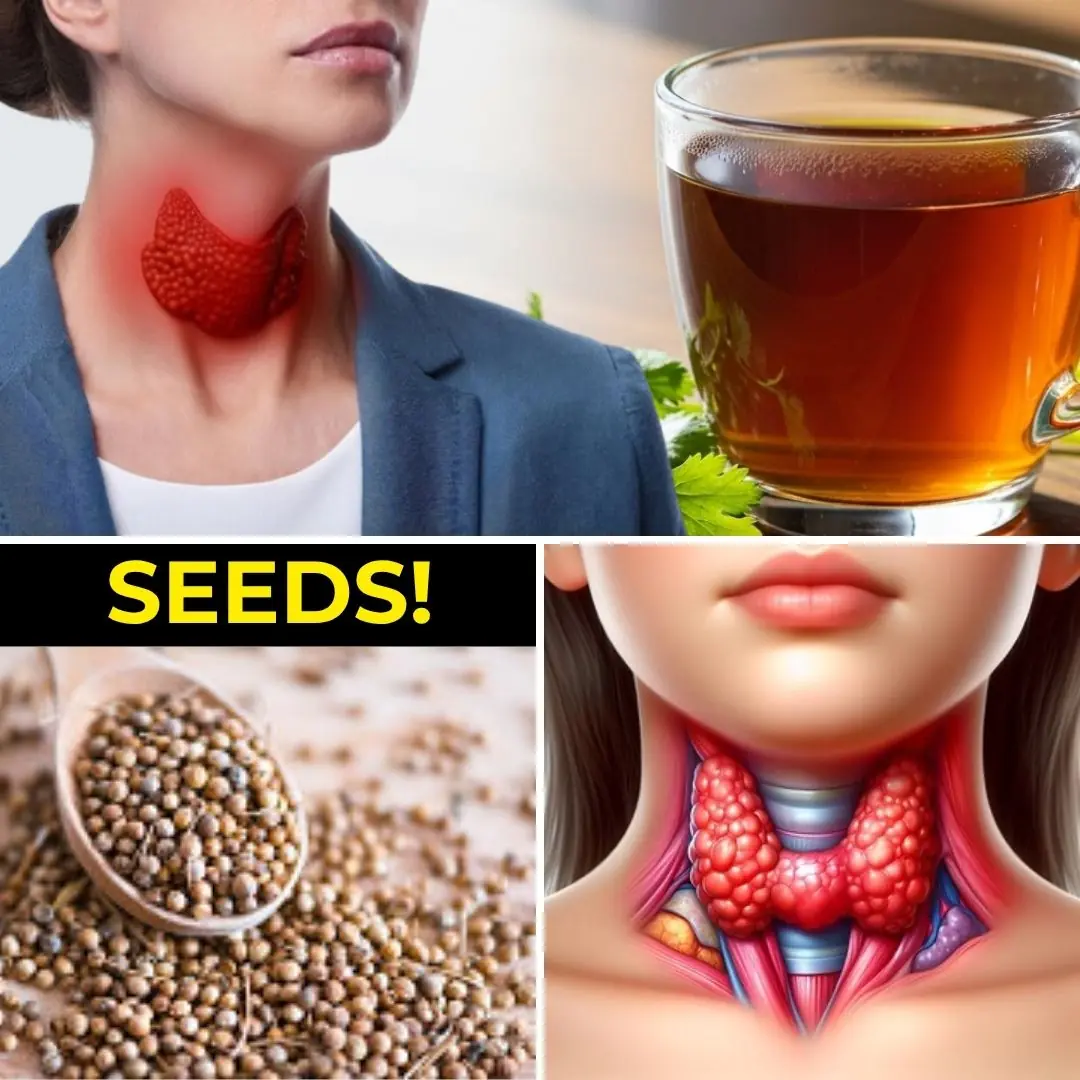
Thyroid Issues Are Rising—Here's a Natural Drink That Could Help

Why Cloves, Ginger, and a Lipton Tea Bag Might Be the Golden Trio Your Body Needs

🍇 Seniors: Eat These 14 Fruits That Help DESTROY Blood Clots Naturally (They Don’t Want You to Know This!)

🌿 Cleanse Your Kidneys, Liver & Lungs Naturally – The Celery Detox You Need!

Mix Bananas, Garlic, and Dates – You Will Thank Me Later! 🍌🧄🌴
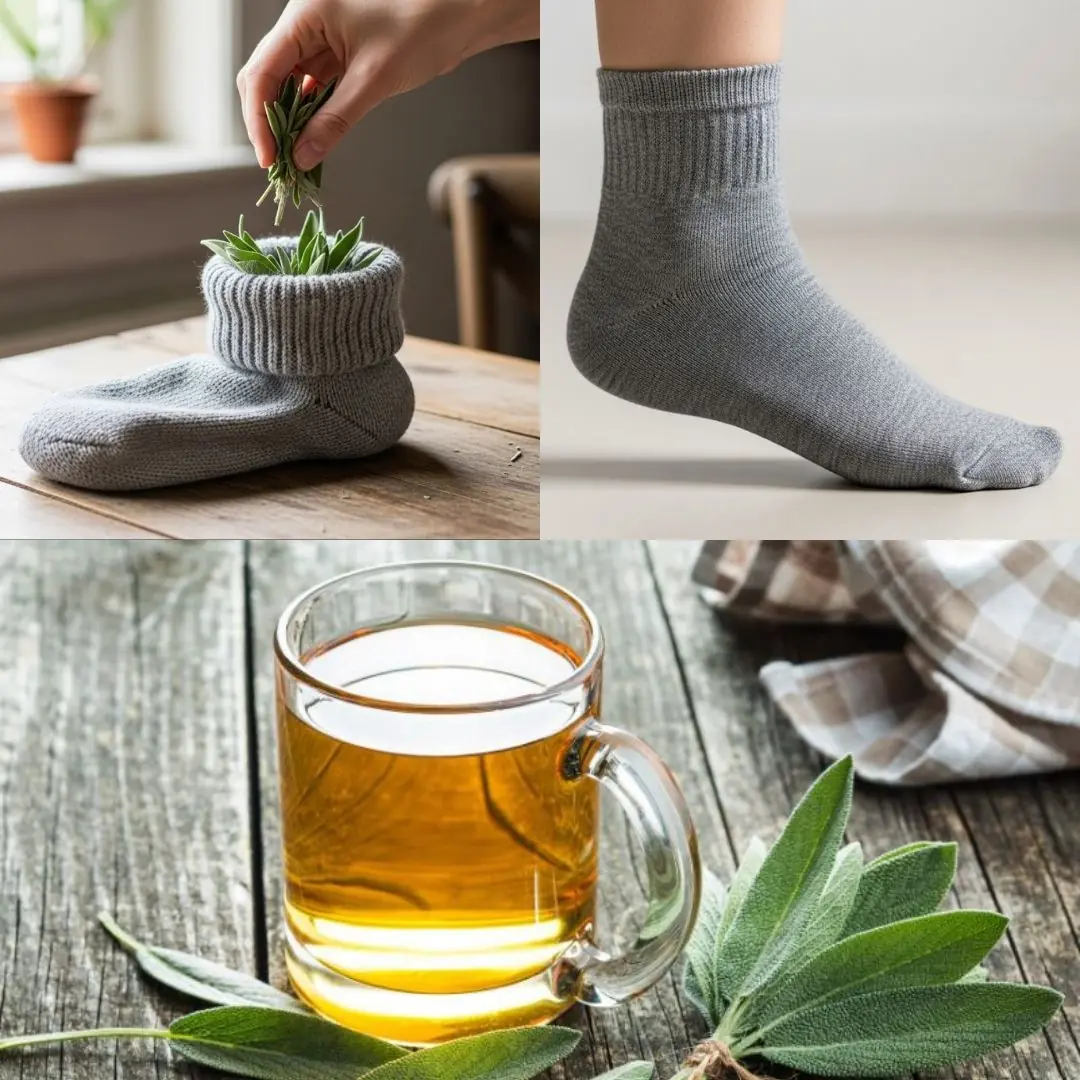
Put Sage in Your Sock and See What Happens in Just a Few Hours – Ancient Remedy with Modern Benefits
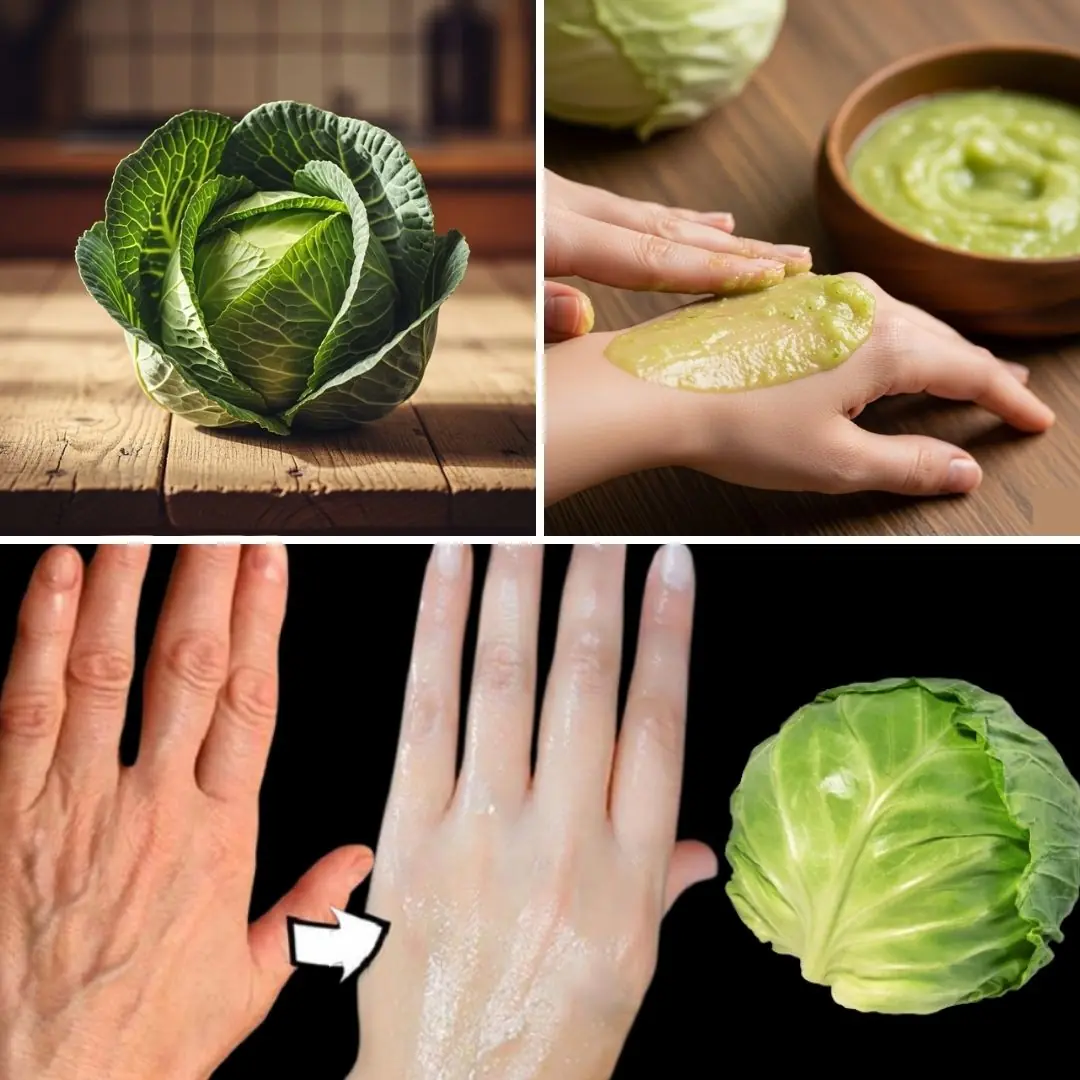
Discover the Revitalizing Powers of Parsley: Your Natural Solution for Radiant Skin

How to Naturally Remove Warts and Skin Tags at Home – Safe and Effective Tips

Simple Drinks That Could Support Kidney Health After 60

Kidney Danger! 10 Signs of Failing Kidneys & 8 Natural Detox Remedies You Shouldn’t Ignore

Breathe Easy Again: A Natural Way to Soothe Your Lungs with Onion and Honey
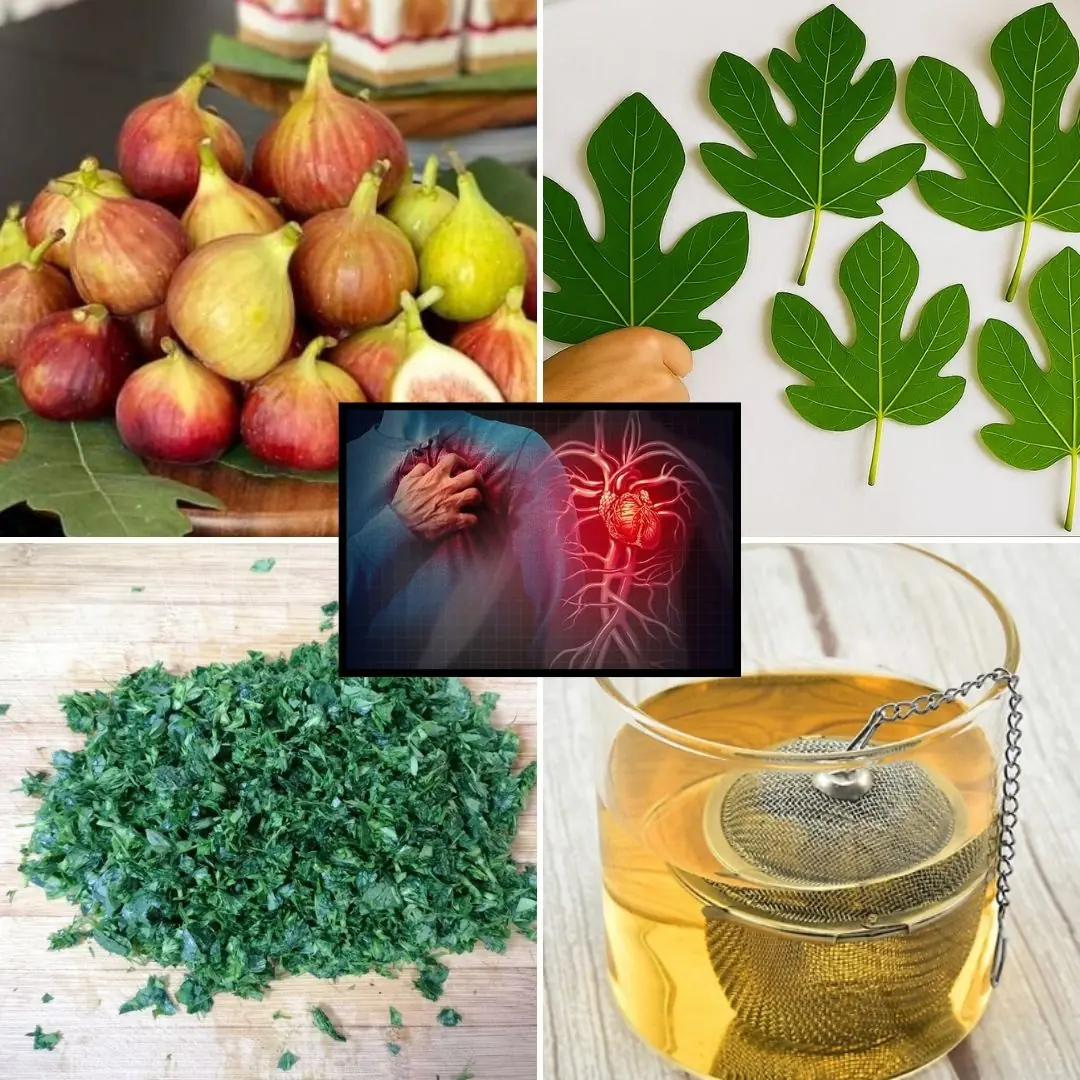
If You Have Fig Leaves, You Have Gold: Discover Their Hidden Health Benefits
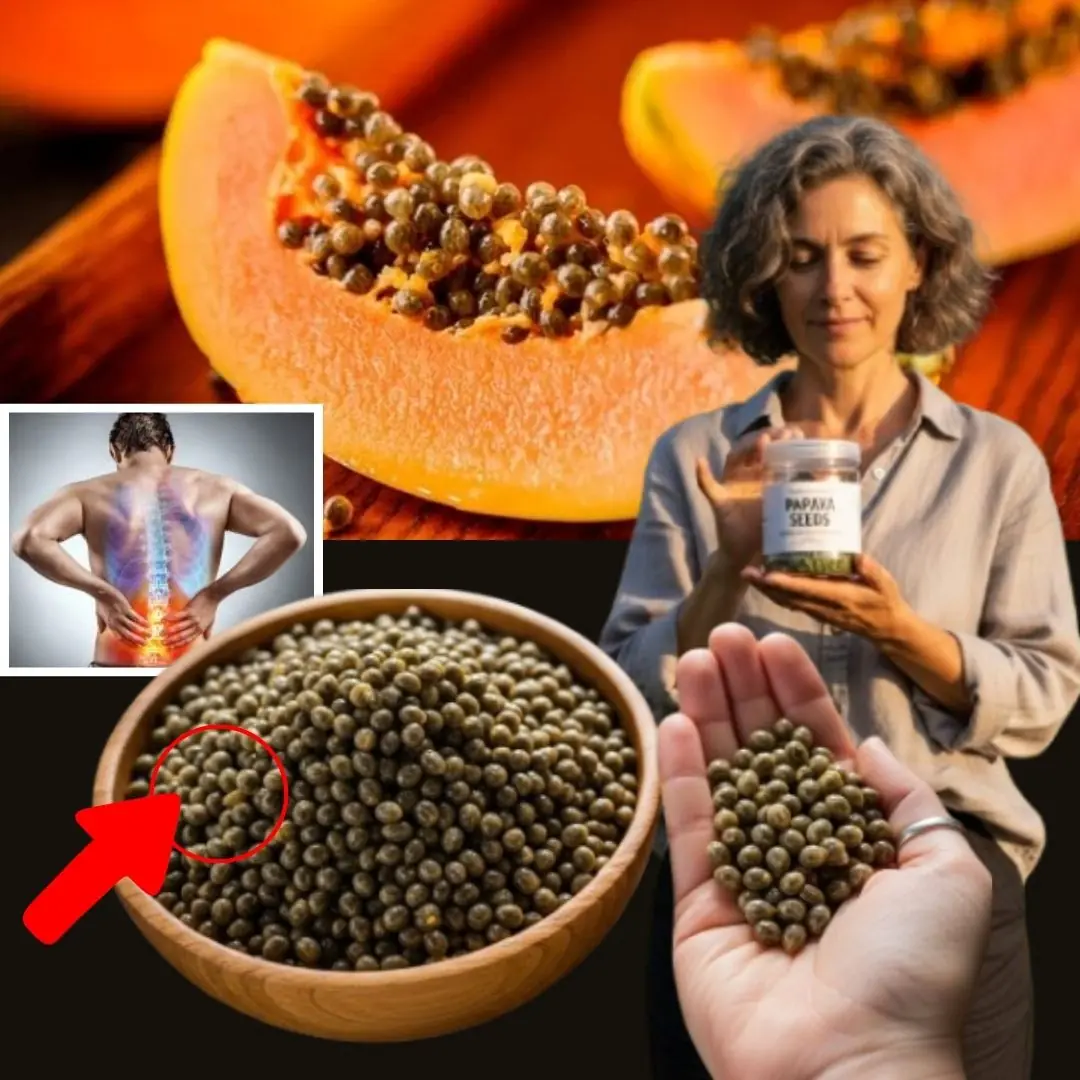
Unleash the Hidden Power of Papaya Seeds: A Tiny Superfood for Big Health Gains
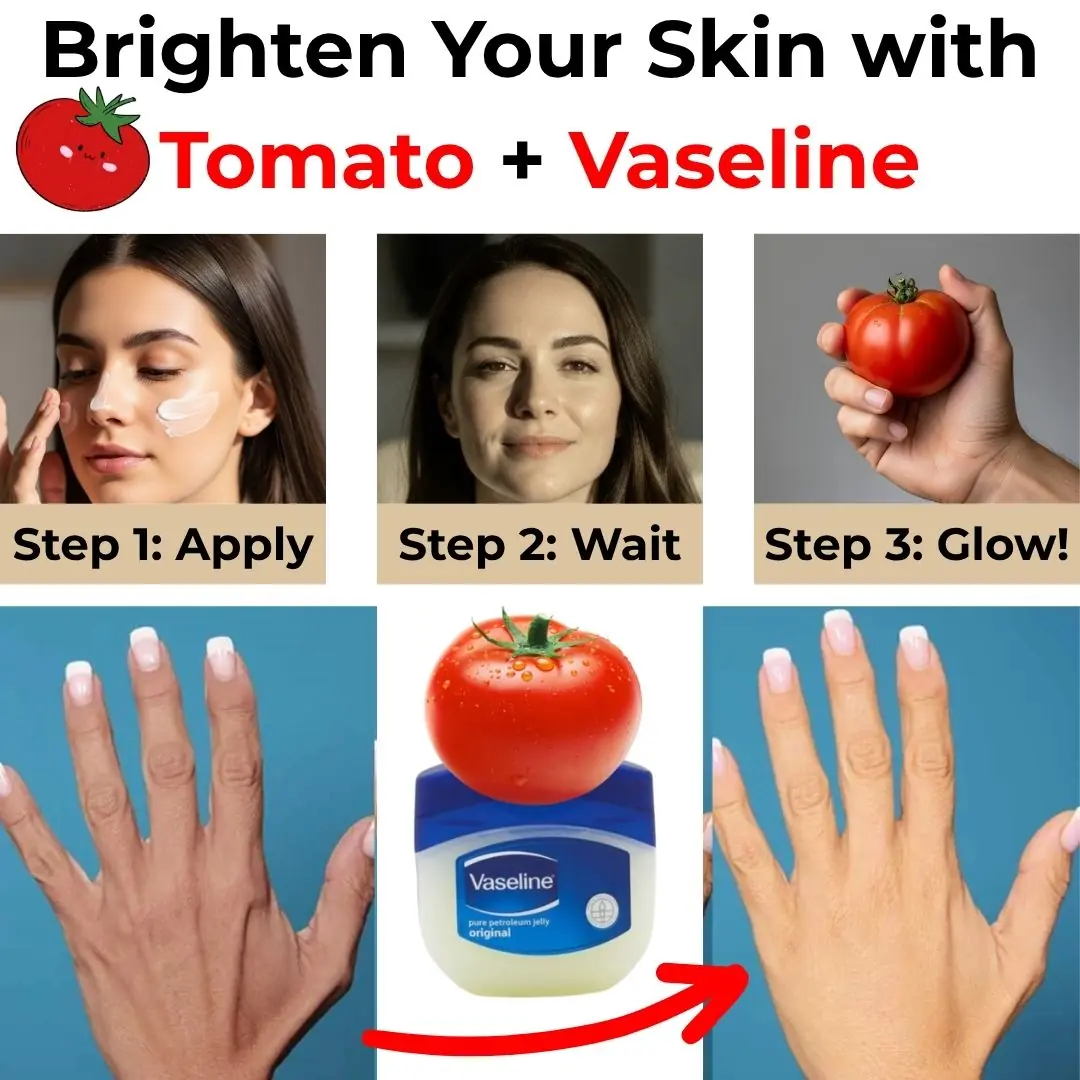
Unlock Radiant Skin Naturally: The Powerful Duo of Vaseline and Tomato for Beauty
News Post

Both Mother and Child Died of Liver Cancer. Doctors Warn: 3 Things You Should Never Put in Your Congee

Let’s Make This Special Healthy Multi-Fruit Juice & Drink for Smooth Skin & a Strong Immune System

🌿 The Leaf That Destroys Cancer Cells – Why No One Is Talking About It | Barbara O’Neill’s Natural Approach

11 Powerful Reasons Your Whole Family Should Drink Okra Water Every Day

Improve Your Oral Health Naturally with Garlic

How to Use Castor Plant Leaves to Treat 12 Common Health Problems Naturally 🌿

Thyroid Issues Are Rising—Here's a Natural Drink That Could Help

Why Cloves, Ginger, and a Lipton Tea Bag Might Be the Golden Trio Your Body Needs

🍇 Seniors: Eat These 14 Fruits That Help DESTROY Blood Clots Naturally (They Don’t Want You to Know This!)

🌿 Cleanse Your Kidneys, Liver & Lungs Naturally – The Celery Detox You Need!

Mix Bananas, Garlic, and Dates – You Will Thank Me Later! 🍌🧄🌴

Put Sage in Your Sock and See What Happens in Just a Few Hours – Ancient Remedy with Modern Benefits
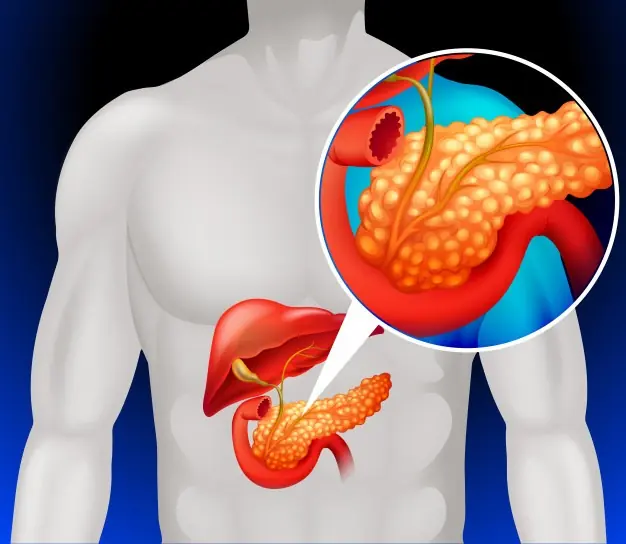
Abdominal Pain and Sudden Weight Loss: Warning Signs of Metastatic Pancreatic Cancer You Can’t Ignore

Skipping These Foods? You Might Be Missing a 22% Lower Risk of Pancreatic Cancer

5 Early Signs of Lung Cancer You Shouldn’t Ignore – Metastasis Could Be Life-Threatening

Get Rid of Throat Mucus Faster: Science-Backed Home Treatments
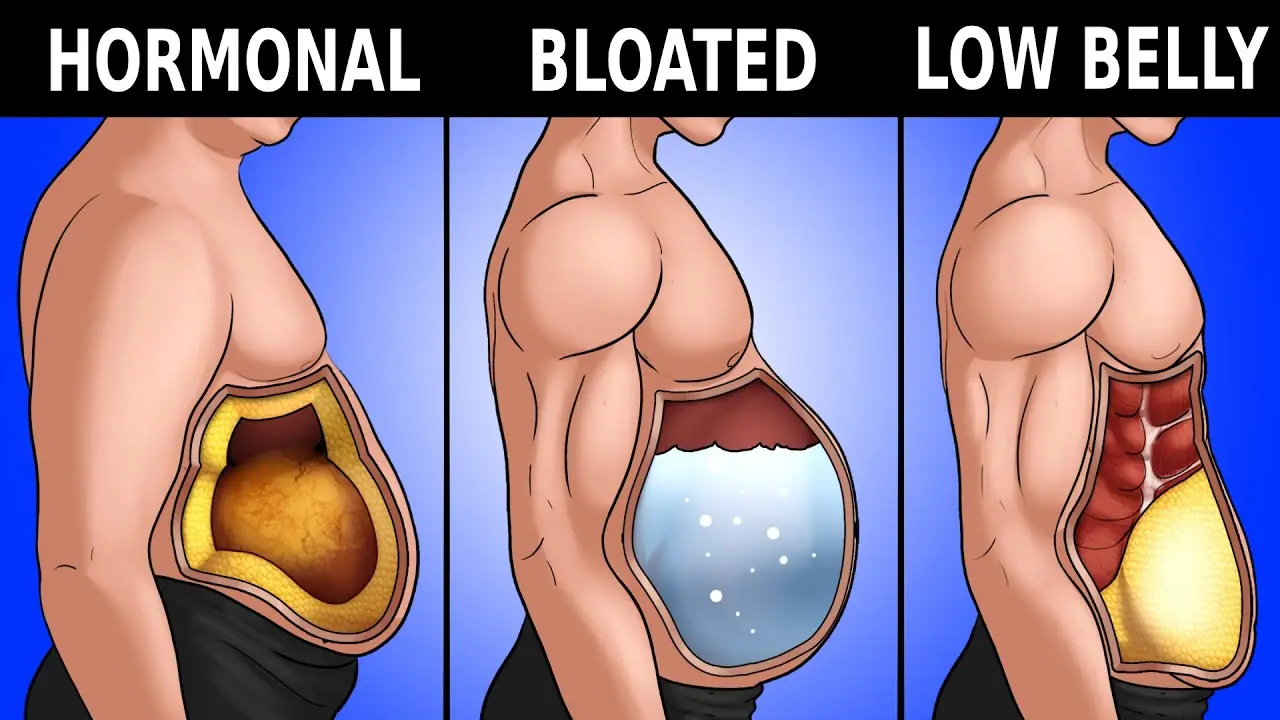
Science-Backed Strategies: How to Lose Lower Belly Fat for a Healthier You
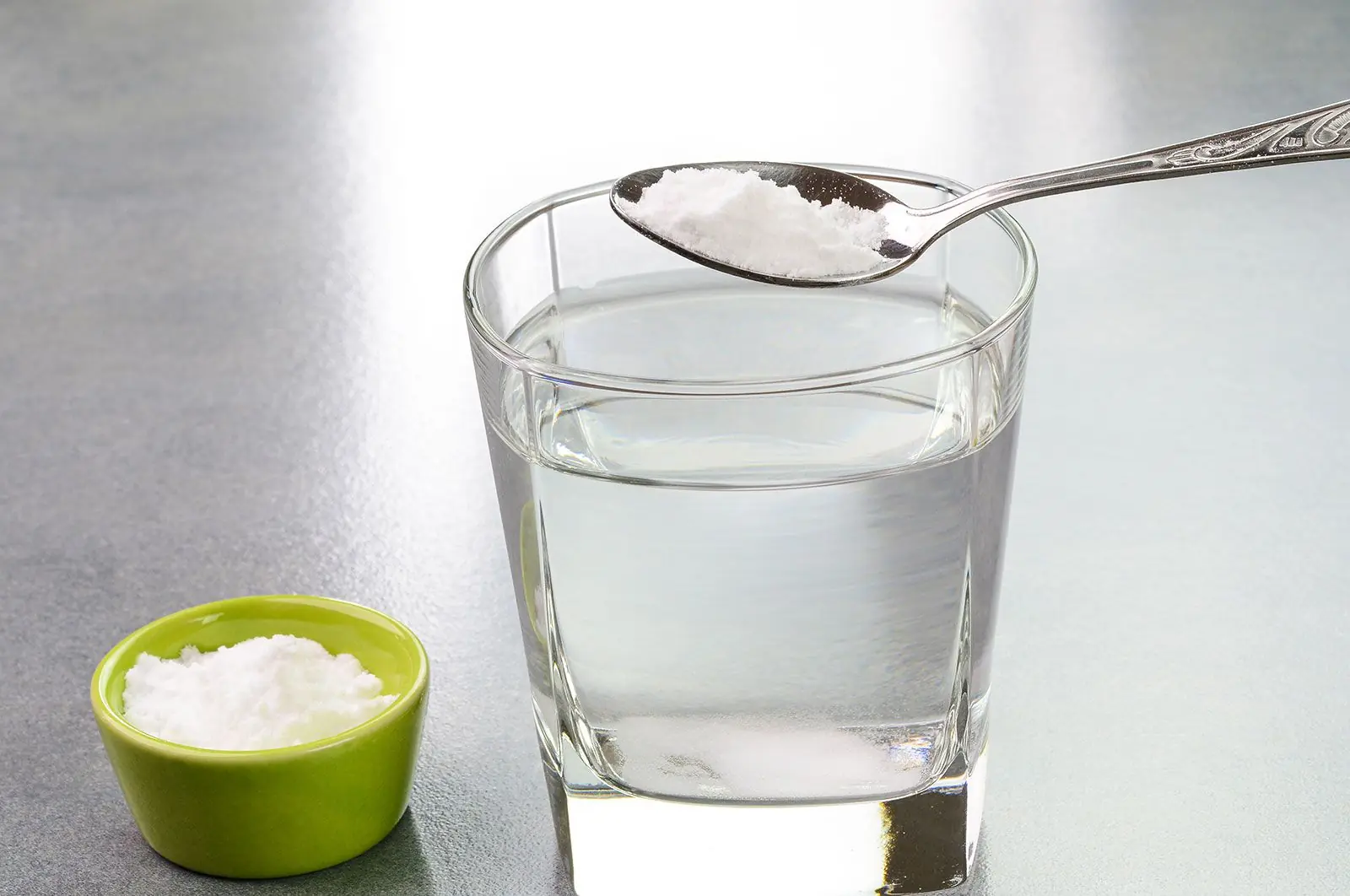
The Amazing Health Benefits of Drinking Baking Soda Water
